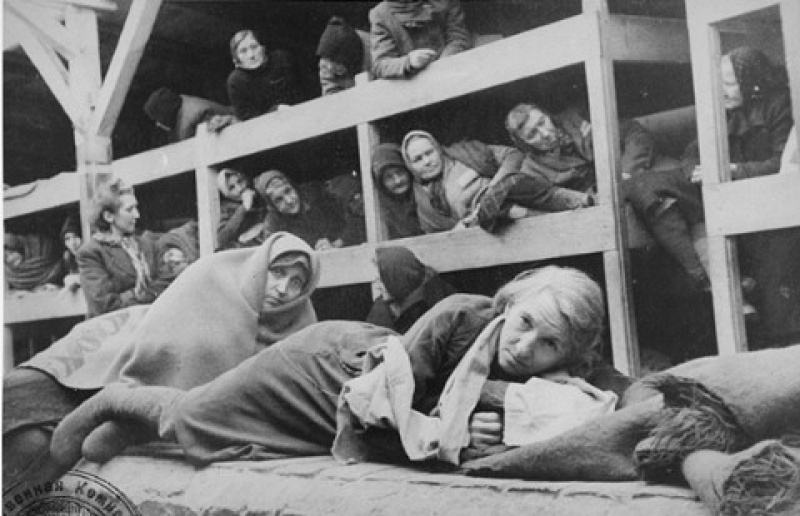The International Holocaust Remembrance Day should not only be a reminder of terror in the past but also serve as a reflection to end all forms of atrocities across the world, Israeli Ambassador to Ghana Ami Mehl has said.
The International Holocaust Remembrance Day is a memorial day held annually on 27 January to commemorate victims of the Holocaust.
It remembers the genocide that resulted in the death of millions of individuals of Jewish descent across Europe.
From 1941 to 1945, about six million Jews in Europe were arrested and marched to the gas chamber at Auschwitz concentration camp in Polish, where they were gassed to death by Adolf Hitler’s Nazi army.
The victims of the Holocaust also included 2 million Romani people, 250,000 mentally and physically disabled people, and 9,000 homosexual men.
A network of about 42,500 facilities in Germany and German-occupied territories was used to concentrate victims for slave labour, mass murder, and other human rights abuses.
The theme for this year’s UN International Holocaust Remembrance Day is “Holocaust Remembrance: Education for a better future”.
Mr Mehl, who spoke to Class FM’s Joshua Kodjo Mensah, said: “The day is very relevant to everybody. It is not about Ghanaian people or Israeli people or any other [particular] people but the whole world. We know that atrocities are still happening.”
He was saddened that “after the Holocaust, the lesson was not learnt and today atrocities are happening here in Africa, examples in Asia, for example Cambodia and Vietnam. Atrocities are happening in Europe, the same Europe that the Holocaust happened”.
He emphasised: “We have to stop these atrocities, the lesson of the Holocaust should be ‘No more [atrocities]’. It should not be repeated.”
Meanwhile, a philosophy lecturer at the University of Ghana, Dr Caesar Atuire, has said that it is important to do away with prejudice in order to ensure that such cruelty does not occur in Ghana.
For him, it is unacceptable to attack or injure an individual on the basis of his tribe or particular group.
“When we have the Kokomba-Nanumba conflicts or we start talking about the Fulanis, etc., gradually we start building prejudices as if they are not part of us. In times of conflict when some people start fanning it into flames that all our problems are because of these people then you begin to have some of these situations (genocide),” he stated.
Dr Atuire is advocating for everyone “to see each other as another me irrespective of their religion, tribe, colour, sex, etc.”
On his part, the Minister-designate of Environment, Science and Technology, Professor Kwabena Frimpong Boateng, advocated greater education on the Holocaust.
He was of the view that the idea for the remembrance resonated with the values of most Ghanaians.
“We love peace, we don’t want war and we don’t like injustice, after all our motto is ‘Freedom and Justice’. If Ghanaians are educated on it, they will embrace it more due to our dislike for atrocities,” he said.
Several members of the diplomatic corps, including UK Higher Commissioner to Ghana Jon Benjamin, German Ambassador Christoph Retzlaff, UN Resident Coordinator in Ghana Christine Evans-Clock, and religious leaders lighted candles in memory of the victims at an event held at the British Council to mark the day.
Source: Ghana/AccraFM.com

































